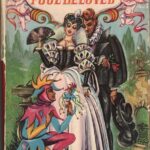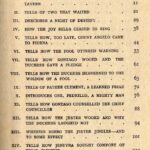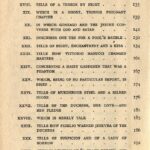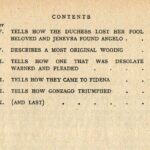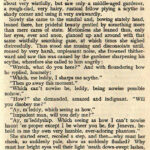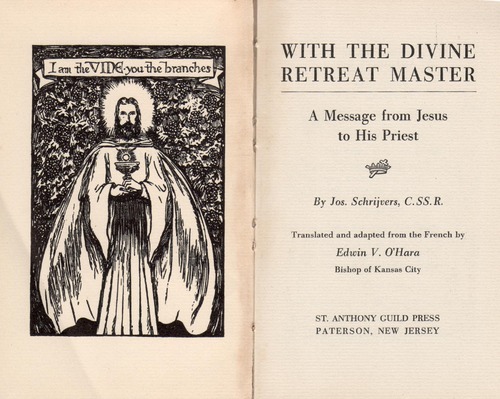“I nearly skidded on the path this morning AND I was holding my mammy’s hand.”
***
“One day a goat broke into our field and ate the grass. Then he went into my shed and ate the hay”.
[Drawing of small blue goat in a vast hangar/shed]
***
“One day little chimp went over the hill and he fell. He went down to the school and threw the pencils at the children”
[Drawing of chimp]
***
“I love listening to music in the car and I dream about good things.”
***
“Our dog was sniffing around for rats. He found one – a little one, then we went home.”
***
“My digger is green with a big bucket. It has four big black tyres. it digs big holes. He is noisy and he gets very muddy when he digs. I love playing with him.”
[Drawing of green digger + smoke]
***
“My dad went to the vet and he got our dog shaved to the skin my dog’s name is Binky and he’s skinny now.”
[Drawing of dog + sun + spiky grass]
***
“My daddy has a helicopter and he cut down the trees to make a helipad by the shed. He puts it in when its raining.”
[Drawing of helicopter.]
***
“A duck swims in the pool and we try to catch it. We could not catch it because it went too fast but it knocked it self out on the gate then we could catch it.”
***
“I went to Dublin yesterday I saw a wrestling toy and I asked my mam ‘can I get the wrestling toy’ she let me get the wrestling toy
[Drawing of two figures + boxed toy]







